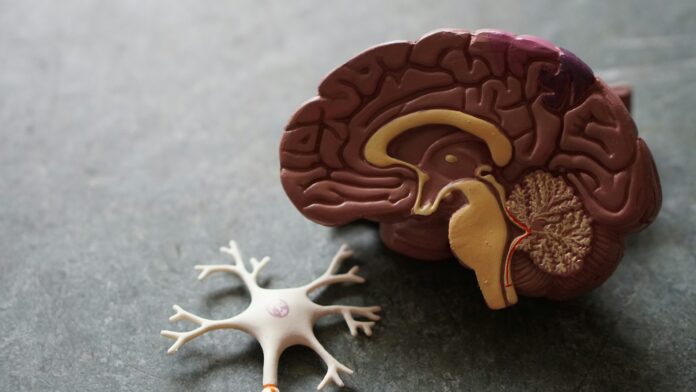Exploring how trauma and resilience can be passed through generations via genetic mechanisms
Since the sequencing of the human genome in 2003, genetics has become a fundamental framework for understanding our identities. From health concerns to educational strategies for non-neurotypical pupils, genetics seems to offer answers to many intimate questions about our lives. Recent research suggests that complex traits such as temperament, longevity, mental resilience, and even ideological leanings are influenced by our genes. However, the environment also plays a crucial role, interacting with genetic factors to create a complex matrix of influence.
The emerging field of epigenetics introduces a new dimension to this understanding. Scientists have discovered mechanisms that allow lived experiences and acquired knowledge to be passed on within one generation by altering the shape of specific genes. This means that an individual’s experiences, such as trauma or survival during wartime, can influence the genes and behaviours of their descendants.
Embed from Getty ImagesOne groundbreaking study by Prof. Kerry Ressler at Emory University in 2014 illustrated this concept using mice. Researchers exposed mice to a cherry-like smell followed by a mild electric shock, causing them to associate the scent with fear. When these mice had pups, which were not exposed to the shocks, and those pups had offspring of their own, the third generation still exhibited fear and sensitivity to the cherry scent. This effect persisted even when the pups were fostered by non-traumatized parents or conceived through IVF, confirming that the fear response was genetically inherited.
The study revealed that the trauma altered the DNA in the grandfather mouse’s sperm, which rerouted neural circuits associated with the cherry scent from pleasure to fear. This genetic change ensured that the subsequent generations inherited a heightened sensitivity to the scent, demonstrating how traumatic memories can cascade across generations.
Remarkably, the researchers found that this effect could be reversed. By re-exposing the traumatized mice to the cherry scent without shocks, their neural circuits reverted to their original state, and the fear response was no longer passed on to future generations. This finding suggests that inherited trauma can potentially be mitigated or healed.
Similar phenomena have been observed in humans. Studies on Holocaust survivors and their children by Prof. Rachel Yehuda at Mount Sinai Medical School in New York have shown that the effects of parental trauma can be transmitted through epigenetic changes. These changes can affect stress response genes and immune system function, potentially leading to conditions like depression, anxiety, and autism. Further research by Ressler and Yehuda on war zone-exposed combatants revealed epigenetic markers in PTSD sufferers, which could aid in diagnosing or predicting susceptibility to the condition.
This evolving understanding of epigenetics challenges the notion that biology is destiny. Instead, it highlights how our life experiences can shape the genetic legacy we leave for our descendants. Recognizing the impact of ancestral experiences on our behaviour might enhance our empathy and understanding of others, who are also influenced by their inherited histories.
Humans uniquely engage in “cathedral thinking,” undertaking long-term projects for the benefit of future generations. This perspective is crucial for addressing multigenerational challenges like climate change and ecological crises. Epigenetics offers a hopeful outlook: just as trauma can induce far-reaching changes, so can positive experiences like trust, curiosity, and compassion. By fostering these qualities, we can create a legacy that benefits our descendants.
Analysis:
Political: The implications of epigenetics in understanding inherited trauma and resilience can influence public policies, especially in mental health and social welfare. Governments may need to consider historical traumas when designing support systems for communities affected by intergenerational trauma, such as refugees or survivors of systemic discrimination.
Social: Epigenetics highlights the importance of addressing social issues like poverty, violence, and education, which can have lasting impacts on future generations. Understanding how our experiences shape our genetic legacy can promote a more compassionate and supportive society, prioritizing the well-being of individuals and communities.
Racial: Research on epigenetic inheritance underscores the long-term effects of racial trauma and systemic discrimination. Acknowledging these impacts can inform efforts to address racial disparities and support affected communities, fostering healing and resilience across generations.
Gender: Gender-specific traumas, such as domestic violence and reproductive rights violations, can have epigenetic consequences. Recognizing these impacts can lead to better support and policies aimed at addressing gender-based violence and ensuring equitable health and social services for all genders.
Economical: Understanding the economic burden of inherited trauma can lead to a more effective allocation of resources for mental health and social support services. Investing in preventative measures and support systems can reduce long-term costs associated with untreated trauma and its intergenerational effects
